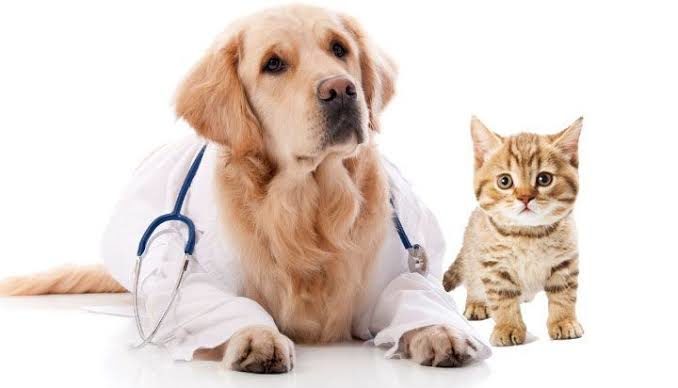Every pet owner knows that vet care is a routine part of being a responsible pet parent, but not every pet parent knows what vet care should cost, from primary preventative care and vaccinations to an unexpected diagnosis.
Here, we give an overview of the kinds of expenses you can expect along with what those expenses are so you can be better prepared before heading in for your first visit. Keep in mind that vet costs can vary widely depending on where you live, among others.
What Do Veterinarians Charge For?
Many pet parents cringe at the idea of paying their vet bills at the end of a vet visit; however, this is because most don’t know what goes into the services their pet receives. The reality is that — in addition to administrative and operating fees — there are many things that vets have to charge for in their practice.
Costs of Basic Preventative Care
All of these services aren’t part of primary preventative care. During a routine, annual or bi-annual (depending on your pet’s age) preventative care or well-visit, your pet will have a thorough physical exam in which the vet will check your pet’s hearing, vision, teeth and gums, heart function, respiration, musculature, skin and coat, and more.
The average cost of a physical exam is $45-$55. Some visits will also include getting routine vaccinations or vaccine boosters. Recommended vaccines for dogs are for parvovirus, distemper, hepatitis, and rabies. Recommended vaccines for cats are panleukopenia, herpesvirus, calicivirus, feline leukemia, and rabies.
The average cost of vaccines per shot is $15-$28. Additional services that might be rendered during a preventative care visit include tests for potential issues such as a fecal exam or a heartworm test.
Here are the typical costs for such additional tests and services:
Fecal exam: $25-$45
Heartworm test: $45-$50
Dental cleaning: $70-$400
Allergy testing: $195-$250 for a skin test, $200-$300 for a blood test
Geriatric screening: $85-$110
On average, routine annual veterinary care might cost between $200 to $400 for dogs a d $90 to $200 for cats. Unplanned events such as accidents, injuries, or unanticipated ailments can cost a variable amount. For example, if you learn your cat has diabetes, it might cost $300 just for your vet to accurately diagnose your cat. The total cost of caring for a pet with diabetes will vary depending on the age of the cat when it was diagnosed and how long the cat lives afterward.
Emergency treatment is another expense that can quickly run upwards of and beyond $1,000. But this is circumstantial and depends on what the vet has to do to diagnose and treat your pet. If the ailment is unknown, the vet will have to do diagnostics and blood work — possibly imaging to determine what is wrong. After they figure out what the problem is, they will still need to treat your pet. If hospitalization is necessary, this will increase the total costs for treatment.
In conclusion, visiting the vet for any reason, whether for small or significant concerns regarding our pets, is not a walk in the park. We recommend signing up for pet insurance, in this way, not only can we give them the care they deserve, but pet owners can also rest assured that they are protected from facing big vet bills. For further information on how you can get insurance for your pet, visit our list of the top-rated pet insurance providers throughout the country here
